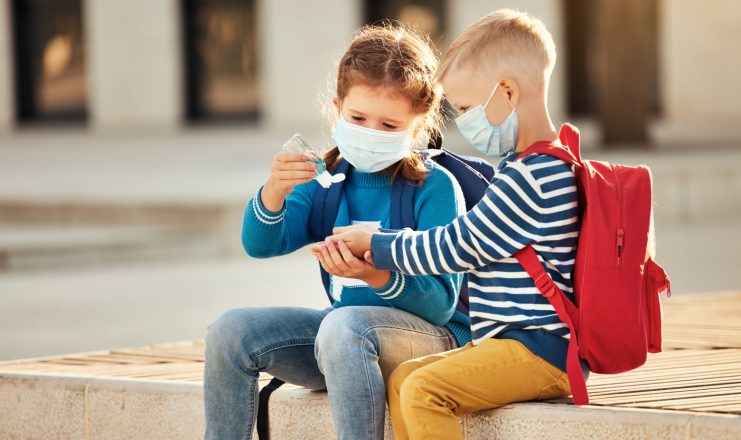Advertisment
Diabetes study stumbles across undetected COVID-19 cases in children

Article written by Gary Finnegan.
A study that screened children for early-stage type 1 diabetes has detected a rate of COVID-19 infection higher than the number of cases reported via PCR tests. The research included collecting blood samples to test for diabetes but found six times more cases of COVID-19 in Bavaria than had been anticipated. The findings suggest that estimates of cases could be underestimated.
The Fr1da study found a significant increase of SARS-CoV-2 antibodies in children in Bavaria during the second wave in autumn and winter. Preschool children showed an antibody frequency of 5.6 percent during the testing period October 2020 to February 2021. Among school children who were tested between November 2020 and February 2021, the figure was as high as 8.4 percent.
Overall, the antibody frequency at the end of the second wave (January and February 2021) was about eight times higher compared to the end of the first wave (April to July 2020). In addition, results showed that three to four times more preschool and school children in Bavaria were infected with SARS-CoV-2 than reported via PCR testing during the second wave.
Markus Hippich, first author of the study and researcher at Helmholtz Zentrum München, said: ‘The fact that we found more infections in children compared to reported cases may be due to asymptomatic cases in childhood.’ Among the 446 children who tested positive in the second wave, 92.6 percent completed symptom questionnaires. The proportion of antibody-positive children without symptoms was 68 percent among pre-schoolers. Among school-aged children, it was 51.2 percent.
The researchers suggest that the significant increase in SARS-CoV-2 infections during the second wave is the result of a combination of events. These include a generally higher exposure to the virus, school openings and novel, more infectious virus variants.
‘Children are often said to be less likely infected compared to adults,’ said Anette-Gabriele Ziegler who led the study. ‘However, the data for this assumption is sparse. The results of our study clearly show that both preschool and school children are susceptible to SARS-CoV-2 infection. To better control infections in this population group, adequate measures to contain the spread of the virus in kindergartens and schools could be helpful.’
On the initial question of whether there is a link between pre-symptomatic type 1 diabetes (positive test for islet autoantibodies) and COVID-19 (positive test for SARS-CoV-2 antibodies), the researchers said no association was found.





